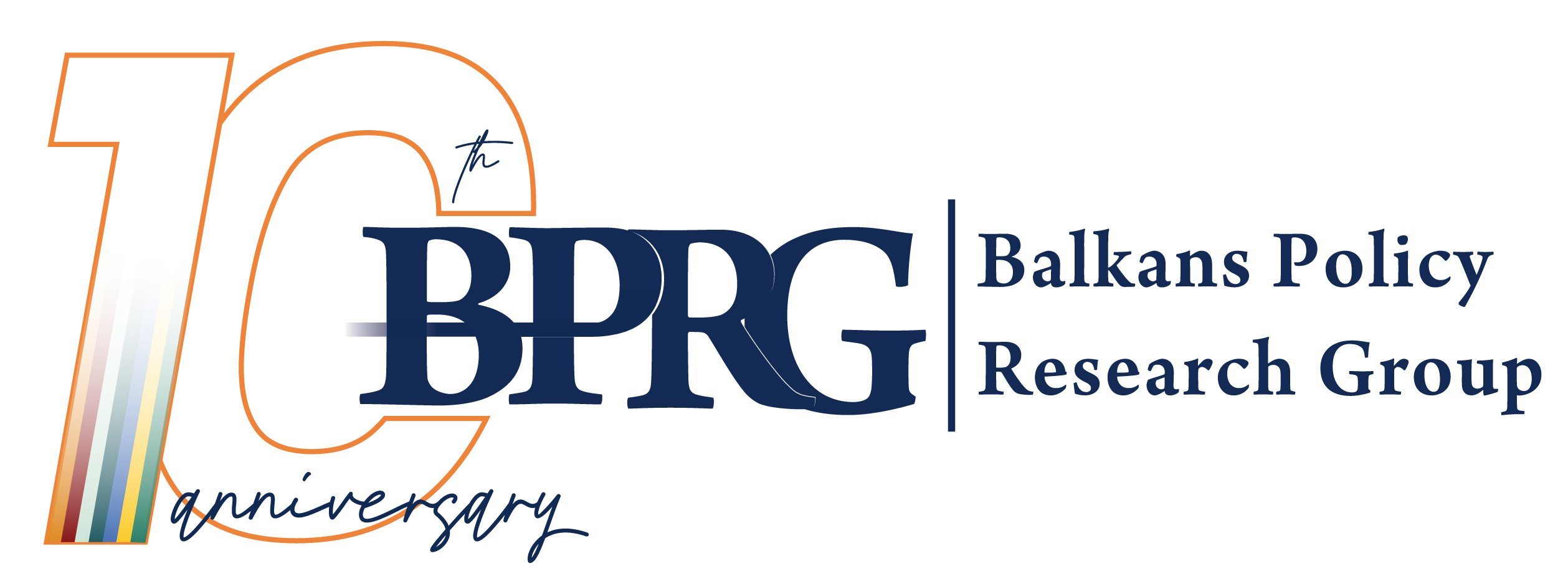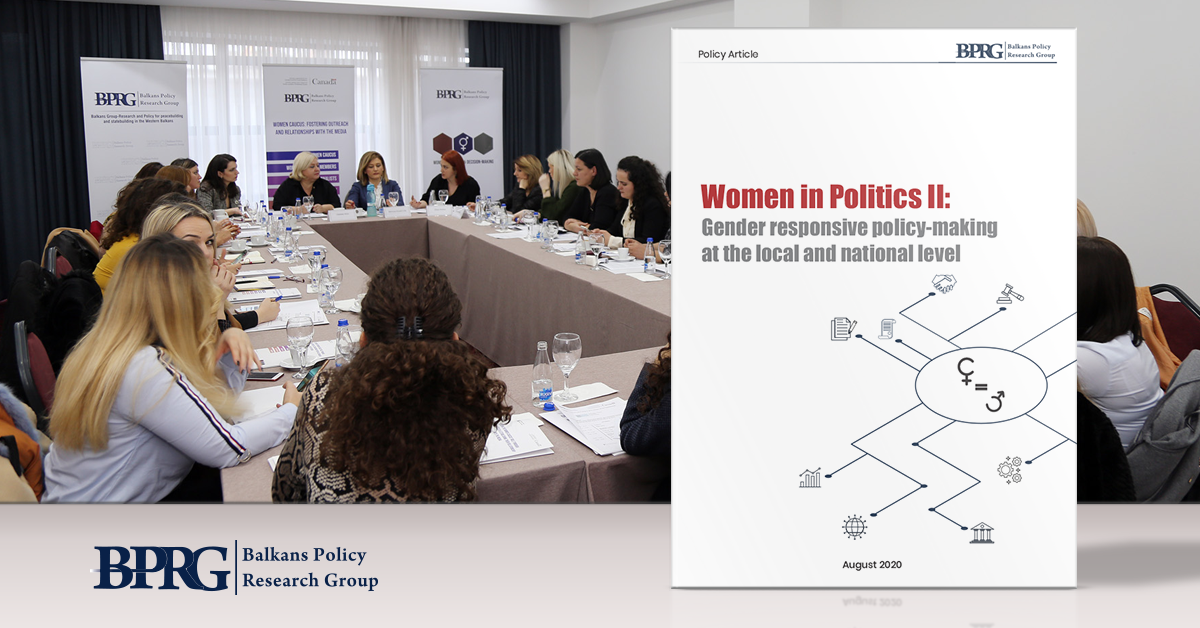The new policy article on Women in Politics provides an in-depth analysis of the necessity for integrating gender mainstreaming as a cross-cutting characteristic in the change of policies. It highlights the need for gender budgeting in all areas and the participation of women in public consultations. The article provides clear recommendations that should be followed by institutions and political actors, for gender-mainstreaming to be standardized across public institutions.
Considerable changes need to be institutionalized to ensure gender mainstreaming across policy-making. The gender-quota of fifty (50) per cent in the Law on Gender Equality must be harmonized with all other existing laws, including the Law on General Elections. Also, the Kosovo Assembly should establish or mandate a permanent Committee on Gender Equality which reviews all draft-laws for gender-mainstreaming criteria. The rigorous collection of gender disaggregated data throughout public institutions is crucial for the comprehensive design of inclusive policies. Above all, cooperation among women political representatives in Municipal and the Kosovo Assembly is vital to ensure women’s participation in public consultations and gender-mainstreaming legislative initiatives.
Gender-mainstreaming can be institutionalized through various other instruments available to political representatives.
In addition to the quota, the LGE delineates a standard for gender-mainstreaming across all levels of policy planning. This entails that political representatives and civil servants alike must engage proactively in verifying that laws and policies are based on gender disaggregated data. In line with the Law on Local Self Government, Law on Rights and Responsibilities of MPs and the Law on Gender Equality, (women) political representatives have the opportunity to shape local/national policies, safeguard public participation of citizens in decision-making and monitor the implementation of legal criteria related to gender-mainstreaming at the legislative level.
Effective representation, ensuring public participation, and thorough monitoring are dependent on each other to address shortcomings of gender-mainstreaming in public institutions. Any attempt at improving the legislative cooperation for gender-mainstreaming entails a process where these three aspects are dynamically intertwined. Legislative cooperation at the local and national levels need to ensure that the public participation of women is safeguarded across all sectorial policy-proposals. It is only through comprehensively understanding the needs of citizens that women political representatives may use their legal competencies to advocate and push for more inclusive legislative proposals. However, these mechanisms won’t prove beneficial if there is no political will towards ensuring the impartial monitoring and supervision of legislation. As the case with the law on Gender Equality, its importance and societal benefits are only as strong as the systematic implementation and monitoring of it.
The report is a result of a series of consultations organised by Balkans Group as part of the “Fostering the Women Caucus’ role through regional outreach & establishing their relationship with the media” project funded by the Canada Fund for Local Initiatives (CFLI) – an initiative of the Government of Canada”. The project aimed to further strengthen the Women Caucus’ impact and expand its reach throughout Kosovo by also liaising with women representatives at municipal levels. It also aimed at bringing women MPs and women municipal assembly members to work more closely with the media.
Read the full policy article here.
“This publication has been produced with the support of the Canada Fund for Local Initiatives (CFLI). The contents of this publication are the sole responsibility of the Balkans Policy Research Group and cannot be taken to reflect the views of the Government of Canada”.



